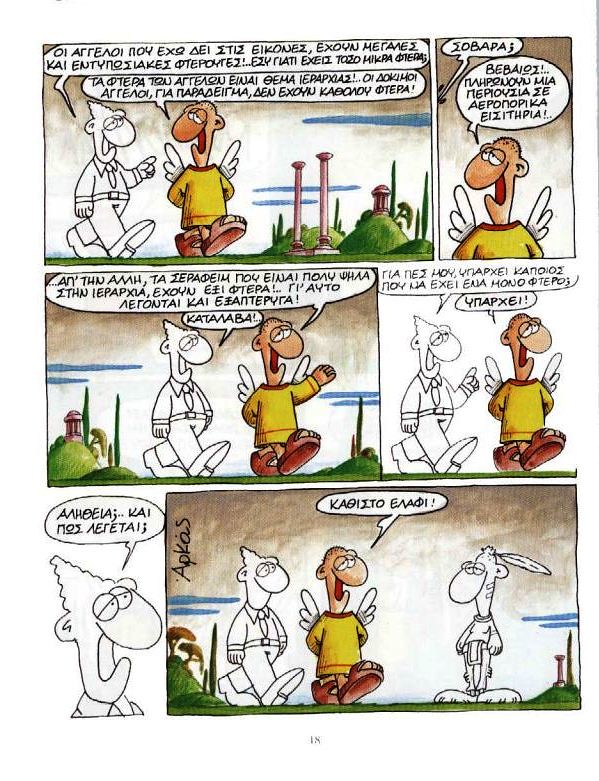Theseus
¥
A few queries about this well-known song sung by Mary Linda:-
Στίχοι: Γιάννης Θεοδωράκης
Μουσική: Μίκης Θεοδωράκης
Πρώτη εκτέλεση: Μαίρη Λίντα
Στην εκκλησιά εμπήκα για να λειτουργηθώ,
αχ και σε θωρώ, γύρισ' ο κόσμος
άλλαξε η πλάση μου `φυγε το μυαλό.
Άγιε μου μεγάλη χάρη, άγιε μου παρακαλώ /Badly punctuated? Does it mean 'Holy God, my great joy?
χάρισέ μου χίλια μάτια για να την θωρώ,
χάρισέ μου χίλια χείλια για να την γλυκοφιλώ.
Στου Χερουβείμ απάνω, δυο μάτια σαϊτιές
μ’ άναψαν φωτιές, άλλαξ’ ο κόσμος /Two eyes like arrows have kindled my fires
γύρισ’ η πλάση κι είναι για να με κλαις. /I have no idea what this means.
Άγιε μου μεγάλη χάρη, άγιε μου παρακαλώ
χάρισέ μου χίλια μάτια για να την θωρώ,
χάρισέ μου χίλια χείλια για να την γλυκοφιλώ.
Στην εκκλησιά έμπηκα για να λειτουργηθώ,
αγάπησα αγαπώ, όλος ο κόσμος
είναι δικός μου φτάνει να σε θωρώ. /All the world is mine; it is sufficient just to see you..
Άγιε μου μεγάλη χάρη, άγιε μου παρακαλώ
χάρισέ μου χίλια μάτια για να την θωρώ,
χάρισέ μου χίλια χείλια για να την γλυκοφιλώ.
Στίχοι: Γιάννης Θεοδωράκης
Μουσική: Μίκης Θεοδωράκης
Πρώτη εκτέλεση: Μαίρη Λίντα
Στην εκκλησιά εμπήκα για να λειτουργηθώ,
αχ και σε θωρώ, γύρισ' ο κόσμος
άλλαξε η πλάση μου `φυγε το μυαλό.
Άγιε μου μεγάλη χάρη, άγιε μου παρακαλώ /Badly punctuated? Does it mean 'Holy God, my great joy?
χάρισέ μου χίλια μάτια για να την θωρώ,
χάρισέ μου χίλια χείλια για να την γλυκοφιλώ.
Στου Χερουβείμ απάνω, δυο μάτια σαϊτιές
μ’ άναψαν φωτιές, άλλαξ’ ο κόσμος /Two eyes like arrows have kindled my fires
γύρισ’ η πλάση κι είναι για να με κλαις. /I have no idea what this means.
Άγιε μου μεγάλη χάρη, άγιε μου παρακαλώ
χάρισέ μου χίλια μάτια για να την θωρώ,
χάρισέ μου χίλια χείλια για να την γλυκοφιλώ.
Στην εκκλησιά έμπηκα για να λειτουργηθώ,
αγάπησα αγαπώ, όλος ο κόσμος
είναι δικός μου φτάνει να σε θωρώ. /All the world is mine; it is sufficient just to see you..
Άγιε μου μεγάλη χάρη, άγιε μου παρακαλώ
χάρισέ μου χίλια μάτια για να την θωρώ,
χάρισέ μου χίλια χείλια για να την γλυκοφιλώ.


